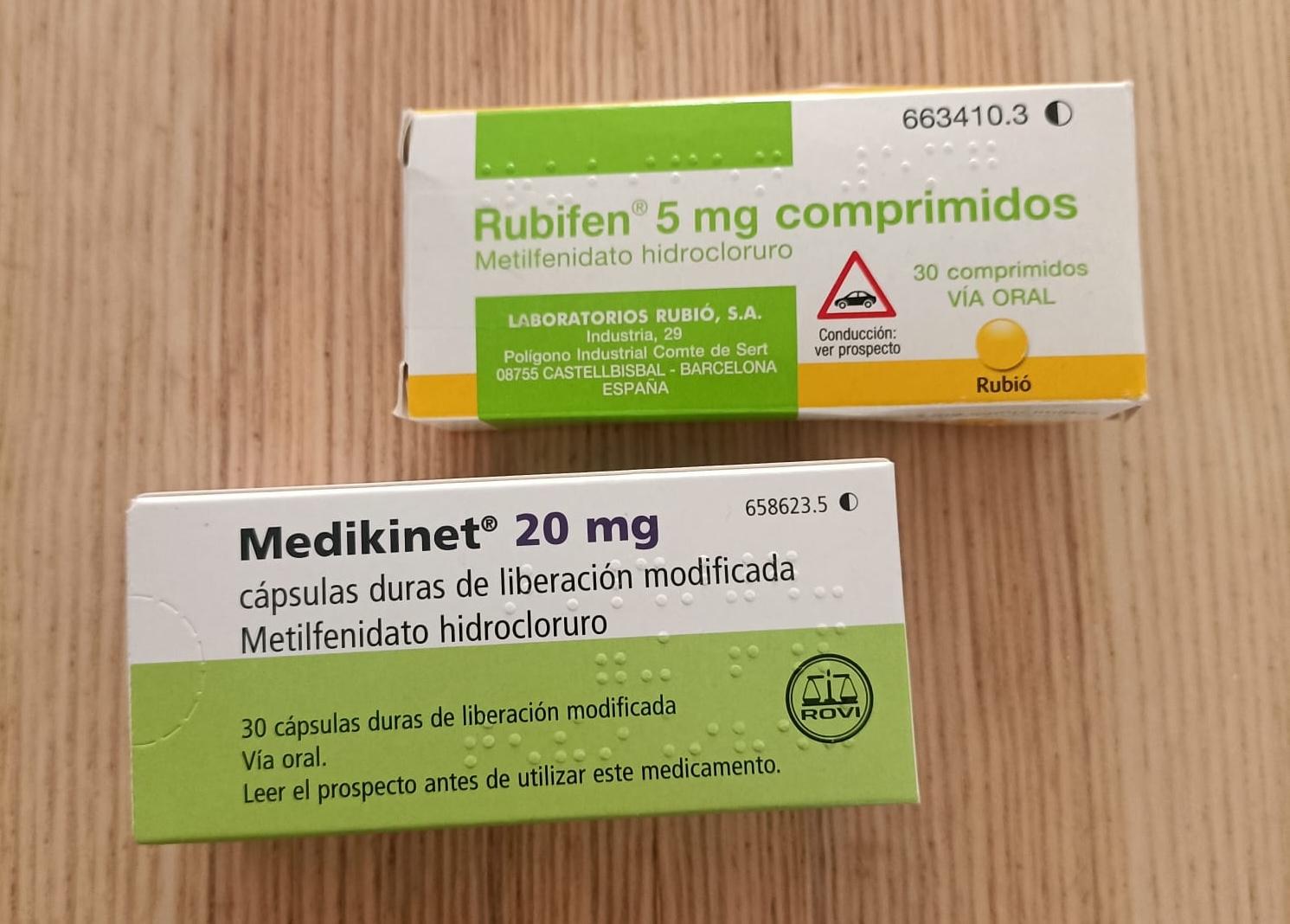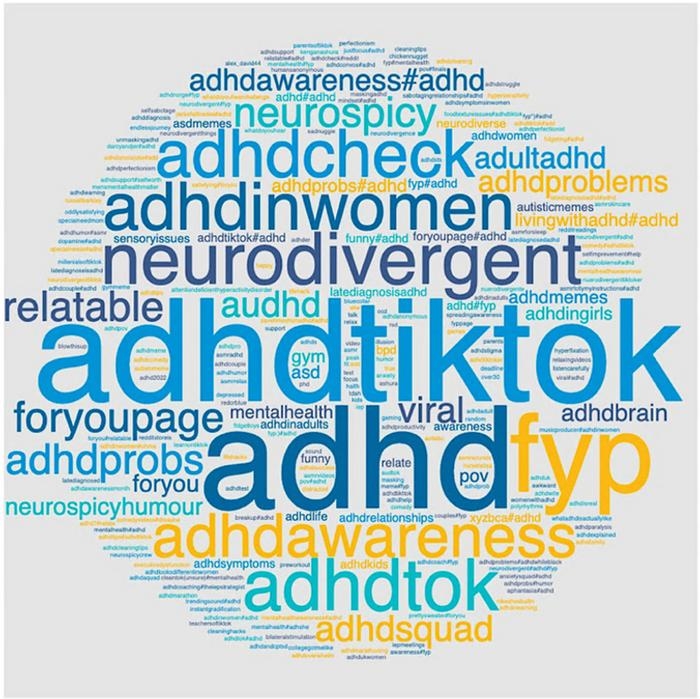Use of ADHD medication has increased over the last decade in Europe, especially among women
The use of ADHD medication increased ‘substantially’ in five European countries between 2010 and 2023 — including Spain — especially among adult women, according to a study funded by the European Medicines Agency. In Spain (based on data from the SIDIAP in Catalonia), the median age of people using these drugs during the study period was 14, similar to Germany and the United Kingdom, but younger than in Belgium (19) and the Netherlands (20). One-third of these people are women, and one-quarter had previously been prescribed antidepressants. The analysis is based on prescription data for five medicines and is published in The Lancet Regional Health Europe.






